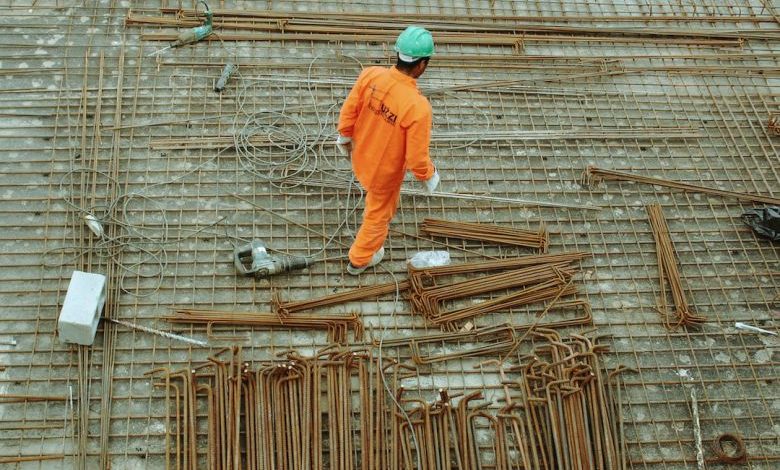How Can I Reduce My Home Construction Costs?

Building a new home can be an exciting but costly endeavor. From purchasing materials to hiring contractors, the expenses can quickly add up. However, with careful planning and a few cost-saving strategies, you can significantly reduce your home construction costs. In this article, we will explore some practical tips to help you achieve your dream home without breaking the bank.
1. Create a Detailed Budget
Before starting any construction project, it is crucial to establish a detailed budget. This will allow you to have a clear understanding of your financial limitations and make informed decisions throughout the building process. Take the time to research costs for materials, labor, permits, and any other expenses that may arise. By having a comprehensive budget in place, you can identify areas where you can cut costs without sacrificing quality.
2. Choose the Right Location
The location of your home can have a significant impact on your construction costs. Consider purchasing land in an area that is already developed and has access to utilities. This will save you the expenses of installing infrastructure such as water, electricity, and sewage systems. Additionally, selecting a lot with a flat terrain can minimize the need for costly excavation work.
3. Opt for a Simple Design
While it may be tempting to incorporate intricate architectural details into your home, complex designs can quickly drive up construction costs. Opting for a simple and straightforward design can help save money on labor and materials. Focus on functionality and practicality rather than extravagant features that are not essential to your needs.
4. Efficient Space Planning
Careful space planning can help maximize the use of every square foot in your home. Consider an open floor plan that eliminates unnecessary walls and reduces the amount of materials needed. This not only saves money but also creates a more spacious and inviting living environment. Additionally, efficient space planning can reduce the overall square footage of your home, resulting in lower construction costs.
5. Do Some of the Work Yourself
Taking on some do-it-yourself (DIY) tasks can significantly reduce your construction expenses. While it is essential to leave certain jobs to professionals, there are smaller tasks that you can handle yourself, such as painting, landscaping, or installing fixtures. However, be realistic about your abilities and only undertake projects that you are confident you can complete successfully.
6. Shop Around for Materials
One of the most effective ways to save money on construction costs is by shopping around for materials. Compare prices from different suppliers and consider purchasing in bulk to take advantage of discounts. Additionally, explore alternative materials that may be more cost-effective without compromising quality. Remember, quality should not be compromised, so always ensure that the materials you choose meet the necessary standards.
7. Get Multiple Quotes from Contractors
When it comes to hiring contractors, it is essential to get multiple quotes. This will allow you to compare prices and negotiate for a better deal. Be sure to thoroughly research each contractor’s reputation and ask for references to ensure they have the necessary expertise and experience. While it may be tempting to go with the lowest bid, be cautious of contractors who offer significantly lower prices, as this may be an indication of subpar workmanship.
8. Consider Energy-Efficient Options
While energy-efficient options may incur a higher upfront cost, they can significantly reduce your long-term expenses. Installing energy-efficient appliances, windows, and insulation can lower your utility bills and increase the overall value of your home. Additionally, many governments and utility companies offer incentives and rebates for incorporating energy-efficient features, further reducing your construction costs.
In conclusion, reducing your home construction costs requires careful planning and consideration. By creating a detailed budget, choosing the right location, opting for a simple design, efficient space planning, doing some of the work yourself, shopping around for materials, getting multiple quotes from contractors, and considering energy-efficient options, you can achieve significant savings without compromising the quality of your dream home. Remember, every decision you make during the construction process can have an impact on your overall expenses, so be proactive and make informed choices that align with your budget and vision.




